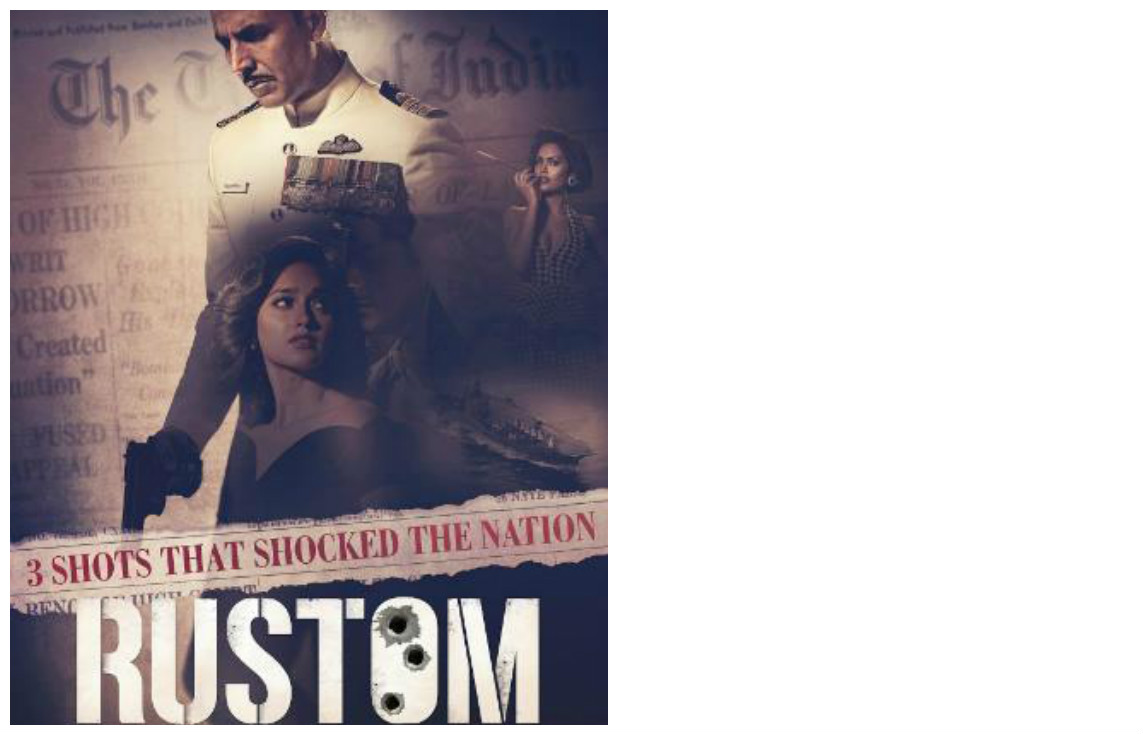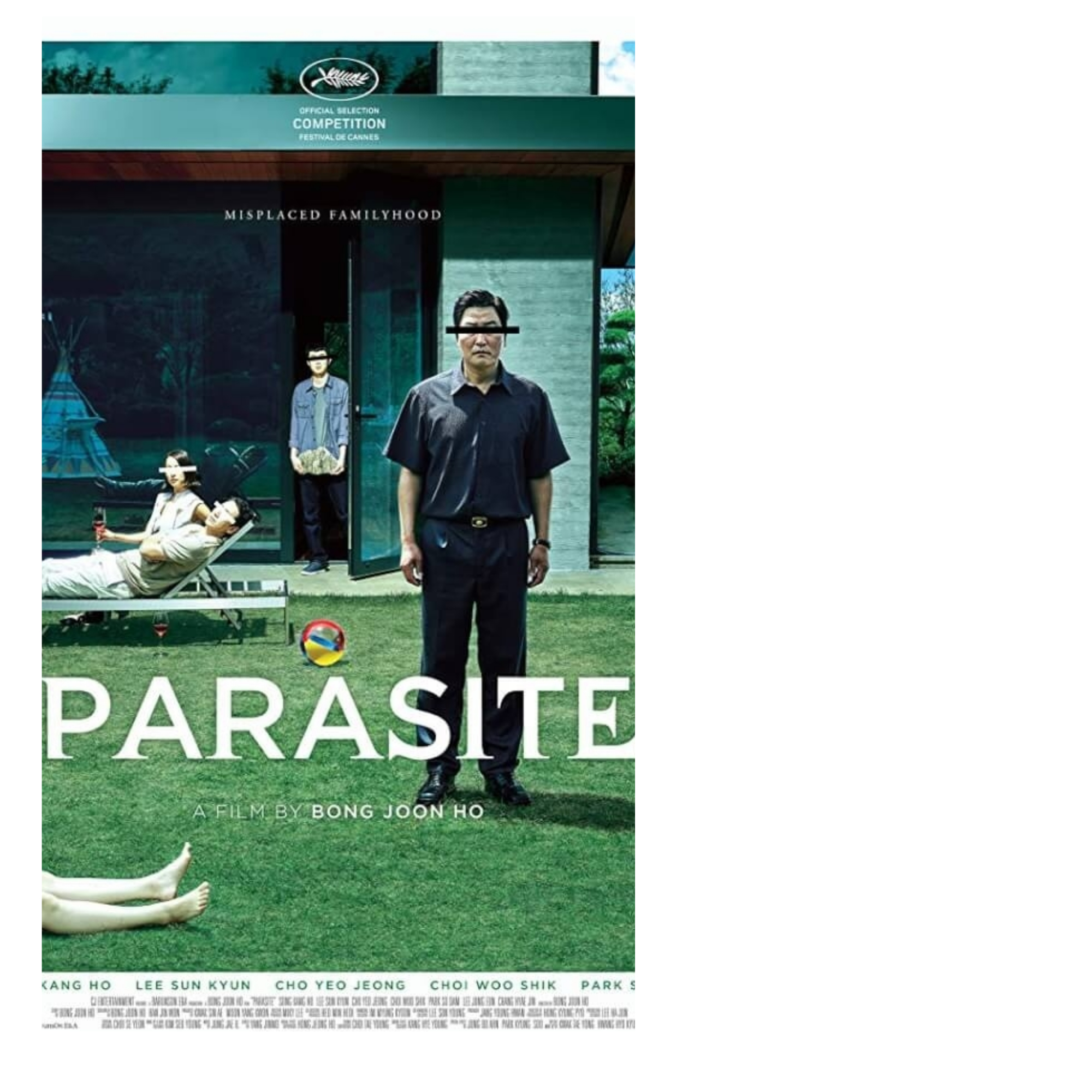OPPENHEIMER
OPPENHEIMER : MOVIE REVIEW
5 STARS/ 5 (OUTSTANDING)
DIRECTOR : CHRISTOPHER NOLAN
BASED ON THE BOOK 'AMERICAN PROMETHEUS' BY
KAI BIRD, MARTIN J. SHERWIN
ENGLISH, 2023
NOLAN CUTS THE FAFF
After the pretentious parade of Inception, Interstellar, Dunkirk and Tenet, I was fed up with Nolan's proclivity for highfalutin cinema that nails the box office but lacks the enjoyment factor. You can make complex stuff and yet stagger the heart, like Spielberg's 'Minority Report' but Nolan was deep into his own wormhole, away from his earlier triumphs like Memento and The Dark Knight. Then 'Oppenheimer' came along and I was determined not to watch it by payment, having wasted many tickets before. A viewing on a flight unsurprisingly was a suboptimal experience but revealed something lurking in the depth and breadth. Could he be back ? Watching it on a good screen on Netflix, disclosed impressive evidence that Nolan is back with a bang. There's complex narrative alright (plain narratives are to this guy what a simple omelette was to El Bulli) but there is also genuine emotional power, combined with a top director's skill at handling multiple narrative threads like an expert craftsman.
Pic based on the highly lauded book American Prometheus by Kai Bird and Martin J. Sherwin, details how physicist Robert J. Oppenheimer oversaw the making of the atomic bomb. The bomb was then dropped by U.S.A on Hiroshima and Nagasaki in World War II, killing more than 200,000 people, with lasting effects of radiation injury on the survivors. Oppenheimer (Cillian Murphy) is overcome by severe regret and guilt, his resurrected conscience inducing him to put a spanner in the making of the hydrogen bomb. This obstruction in another potential mass murder draws the ire of Admiral Lewis Strauss (a seethingly effective turn by Robert Downey Jr.), who like all good holocaust-makers, might have been planning Hiroshima II, III, IV & V. This primary narrative is interwoven with a vicious kangaroo court set up to strip Oppenheimer of his security clearance so that his career is derailed, while Strauss, eyeing an ambitious appointment to the President's cabinet of lawmakers, faces his own Senate hearing to vet him for the role.
The film is a damning indictment of U.S.A's war-hungry murderous appetite. It joins other remarkable films like Stephen Gaghan's 'Syriana' as a fearless expose of the American system. At the end there are salvaging characters, otherwise Satan's dominion would have been complete. Nolan has not forayed into politics much but when he does, at the extended height of his career, he is scathing in his damnation of U.S.A's appetite for slaughtering people with its marauding military industrial complex. Like a true-blue scientist whose intentions are mordantly dyed in moral sincerity, this maker of science-charged films is unsparing when he takes political aim.
Editor Jennifer Lame would have worked almost as hard as Nolan in this feverishly spliced scorcher. 1. The focus on Oppenheimer's life and mind 2. His fait accompli interrogation by hyena-like bureaucrats in a cramped room 3. Stauss's Senate vetting session, are pleated together in dazzling fashion. This technique keeps the viewer on their toes, making it difficult to predict which development appears next, even over the marathon development of exactly three hours (the precise 180 minute runtime is a rounded-off nicety, the film's plethora of interjecting brief images like electrons whirring, fireclouds mushroomimg, Earth being burnt up, perhaps also helping to sculpt the precise runtime, like how TV channels use visual graphics and advertisements to bridge the time till the next hour). One psychologist told me she felt the movie was too long - I respect what she said, but my personal opinion is that few others could have mixed and cut it like this team did.
Film reviewers discuss the concept of 'average shot length' (ASL) - the aesthetic and psychological argument that an uncut scene which runs a bit longer, creates more dramatic involvement in the viewer, while scenes which are chopped into only a few seconds each, reflect less confidence and poor movie quality. A film like Oppenheimer with Nolan and Lame's frenetic editing plan, only has brief ASL and yet succeeds because the underlying story material is so strong. Oppenheimer thus jumps over the head of the ASL theory, like how quantum mechanics vaults over the plane of Newtonian physics.
Niels Bohr, Werner Heisenberg, Enrico Fermi, Albert Einstein - name one other film where so many iconic real-life scientists are enveloped in such a dramatically engaging thriller. Albert Einstein (expertly embodied by Tommaso Conti) offers rich evidence not of his intellect which we already know, but of his moral and sagely advisory fibre. Niels Bohr is played in ennobling capacity by Kenneth Branagh, and our respect for this famous scientist is multiplied when we see him bravely pitching for peace rather than mass murder. The same cannot be said for Heisenberg, his famous uncertainty principle also unwittingly applying to the moral murk in his role as one of the main scientists in the Nazi nuclear weapons program. Our very first introduction to Enrico Fermi in the film is when he uses his brainwave to achieve a breakthrough in the successful conception of the atomic bomb. For those of us not already conversant with the controversial achievements of famous scientists, these revelations make us question how much we should venerate these people and whether they were really as intelligent as we think they were (not just IQ, but also the all-important EQ). Contrast this with Bohr, Einstein and the similarly applause-worthy ethics of the lesser known Isidor Isaac Rabi (played with inspiring notes of humbling humanity and exemplary friendship by David Krumholtz). Pic shows Nobel prize winning Rabi not only declining a role in the atomic bomb program but also going out on a limb for his pal Oppenheimer when others have deserted him (check out his signature gesture of sectioned oranges in a white handkerchief).
Right off the bat, the film's zest for trippy, crisp delivery is evident. Young Oppenheimer starts out shaky, making simple lab mistakes, the narrative spliced with his visions of atomic spin. An early signal of his hand in destructive action is disclosed when he injects an apple with potassium cyanide - it sits on the table of the professor who has insulted him, and the little episode is complete with another harbinger of a pull-back gesture. While other films depict youngsters' hoopla in attending rock concerts, see how this one depicts the electric excitement of Oppenheimer's Californian university team whizzing like frisson-charged electrons when news breaks out of the atom finally being split ! The classroom provides ultimate rapture, lab work gives the highest high while O. Man excitedly hits the blackboard trying to re-work the equations - a terrific testament to how nerd-blockbuster Nolan has made science in films scream-worthy.
See how exquisitely the film has Oppenheimer explain quantum physics to a lady he's wooing - Einstein himself probably couldn't have put it with such flirtatious brevity. A cornucopia of characters is introduced as the atomic bomb program scientifically led by Oppenheimer churns its way through ups and downs - the morals of the involved men are laid bare just as the atomic secrets are. The run-up to the first testing of the atomic bomb 'Trinity' in U.S.A is racingly covered. The protagonist's final stretch of interrogation in a cramped room reaches blazing fever pitch, topped off by a quietly scorching single statement.
A special scene, not just of filmic but also of seminal historical value is shown, when Oppenheimer meets Harry S. Truman (a terrific withering cameo by Gary Oldman). His champion scientist tells him he is racked by guilt, but Truman can only react to it with cold contempt because he feels the public perception of his own action in actually dropping the atomic bombs is far greater than that of a scientist like Oppenheimer. In this short scene, the story's core is laid bare - when nucleic hubris is this much, what chance does peripheral humanity stand ?
The ensemble cast is staggering - one struggles to tabulate the number of excellent performances here - another testament to Nolan's ambition. For all the men around, only two women have centre stage - Katherine Oppenheimer (Emily Blunt) and Jean Tatlock (Florence Pugh) - both giving fine performances, with Blunt signing off her perpetually tortured act with a memorable bit of glossal acting in the White House reception room. Nolan has rarely if ever used nudity in his films but in this epic smorgasbord, Pugh has to don her birthday suit more than once, in the second instance joining her lover in the interrogation chair in a particularly provocative shot. One of the most enjoyable turns is by a young turk - Alden Ehrenreich essaying a Senate aide to Admiral Strauss. He starts off innocuously supportive but see how sneakingly audacious his character becomes - the unbearable satisfaction of giving it straight to one of the most vicious political species on the planet.
Other directors could have covered Bird and Sherwin's ambitious book but few could have hit as many balls out of the park like how Nolan has. He is this generation's answer to the vaulting genius of Scorsese and Spielberg. Nolan succeeds in the bigger master-plan of persuading the masters of the universe whereas the character of Oppenheimer miserably fails. His blue eyes are echoed in those of Cillian Murphy portraying Robert J. Oppenheimer. This of course is a complex character in a complex visage in a complex story, complexity being the middle name of Christopher Nolan. Murphy plays Oppenheimer with cool composure, the quantum physics intelligence calmly swimming just beneath the surface. This is a man of light touches, from the effortless enunciation of complex science, to the nonchalantly easy spinning of multiple ladies in his orbit. His faculties in the womanizing department are outlined from start to finish and no excuses are offered for this. His contrition cannot be called his saving grace, because of the amount of damage done. By himself, he's just about enough to carry the story but more importantly he's the core around which this superstructure is built. The bomb is dropped, but the ball isn't.
UPN
UPNWORLD welcomes your comments.










0 COMMENTS
WRITE COMMENT